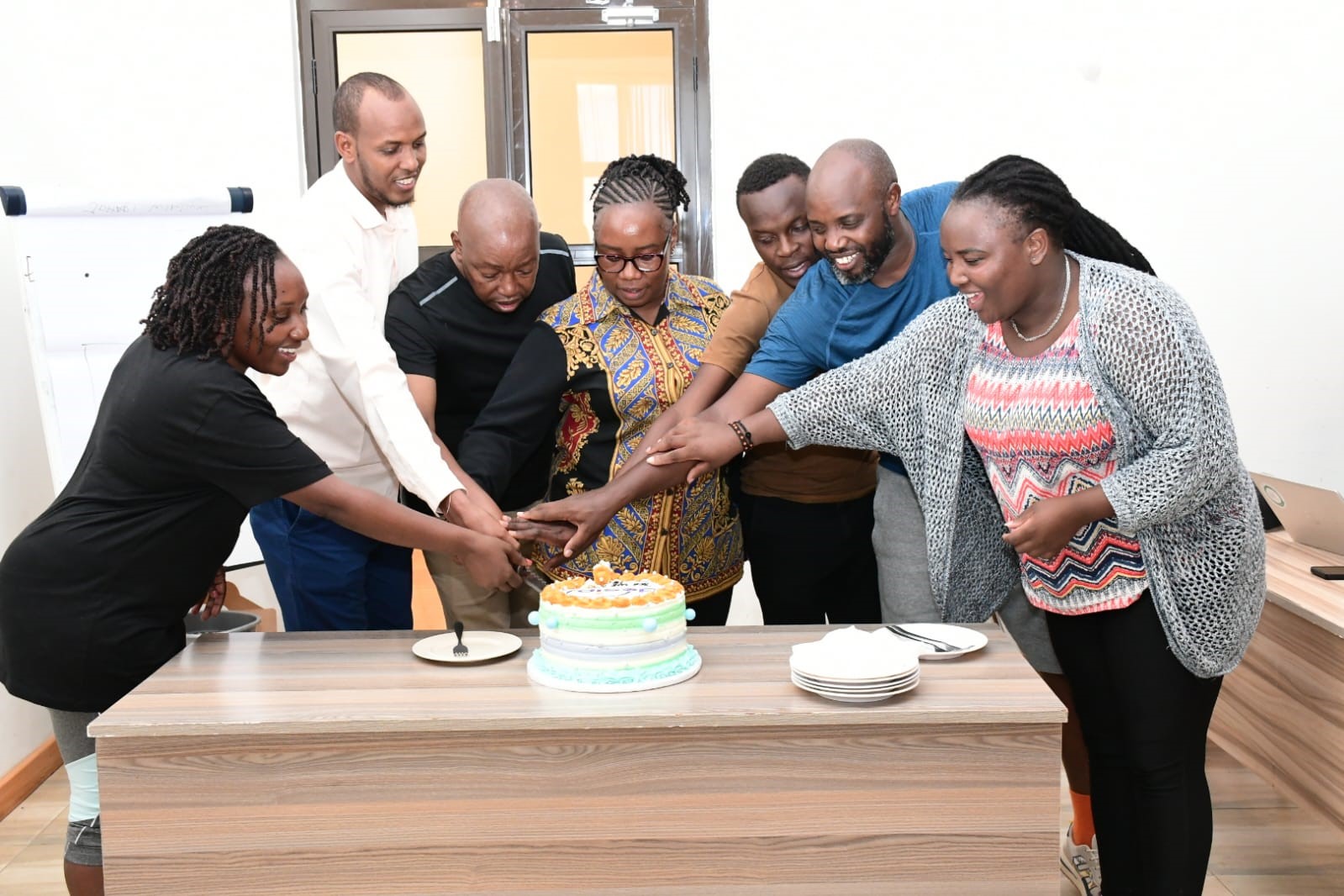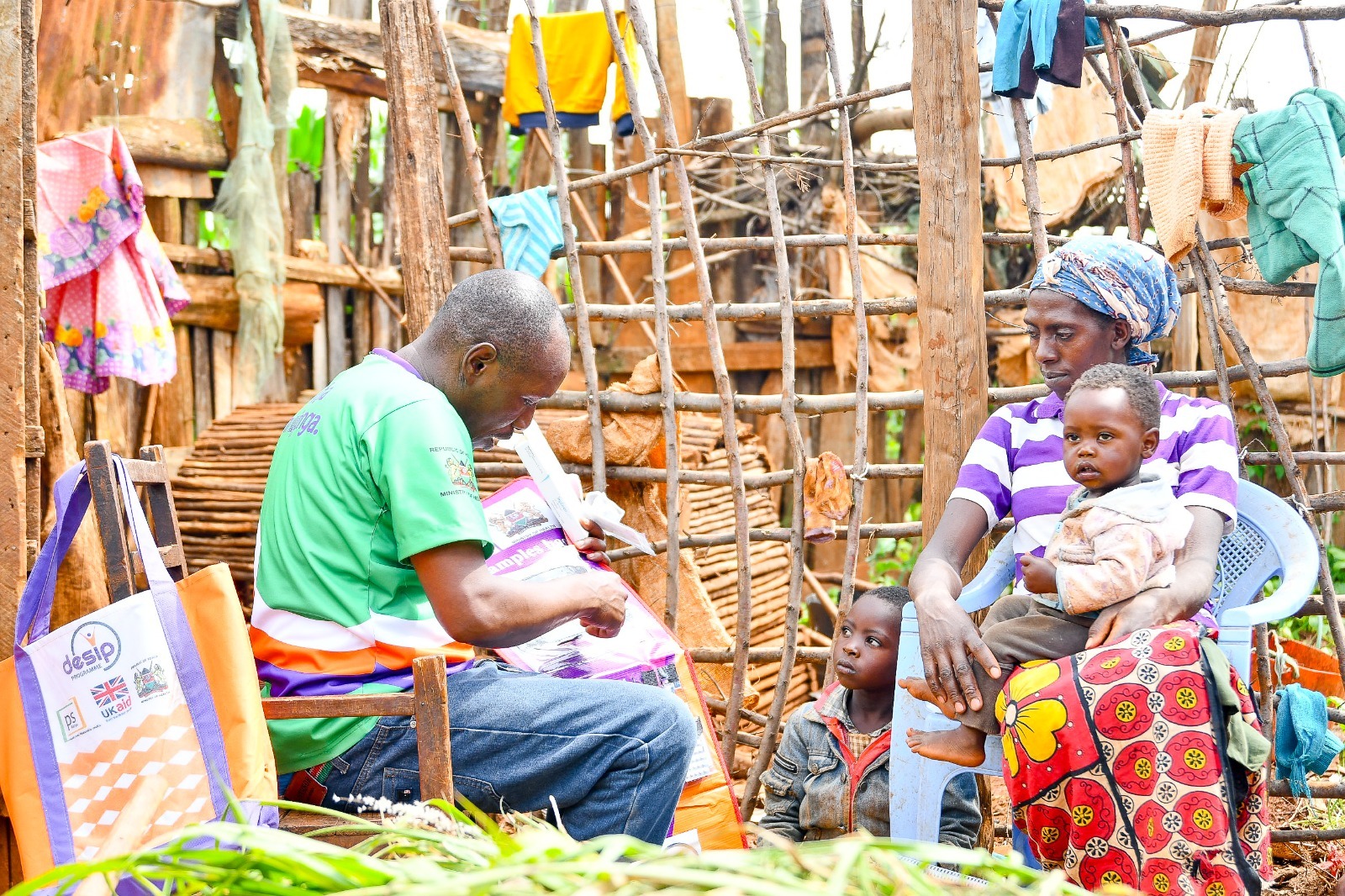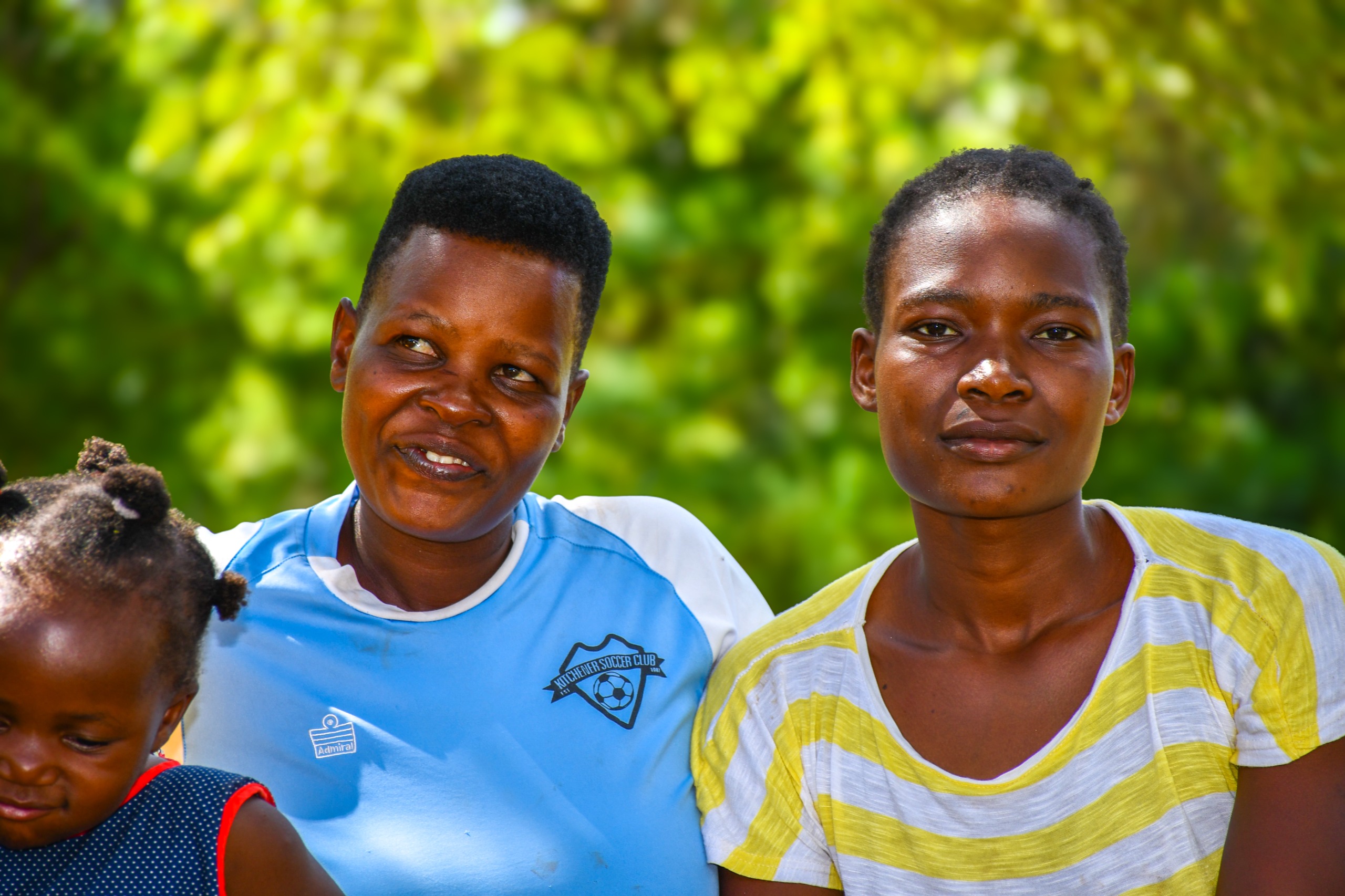In recent years, the issue of gender-based violence in Kenya has escalated alarmingly, with statistics revealing that over 200 girls have been exploited and sexually abused by close relatives. Additionally, there has been a troubling increase in cases of sodomy among young boys and sexual abuse of minors, with victims as young as 14 years old. These heinous acts are deeply rooted in the socio-economic challenges facing many communities, including poverty, lack of empowerment, and inadequate access to reproductive health.
The rise in GBV can be attributed to multiple factors. Many families face dire economic situations that lead to desperate measures, including unprotected sex in exchange for money. Survivors often lack the knowledge and resources to seek help or report abuse, leaving them vulnerable. Compromised safe spaces further exacerbate the issue, staff at shelters and safe houses may not always be adequately trained or committed to providing the necessary support for survivors.
A partner who operates a safe house shared anonymously, “Wakati mwingine wanaotenda ukatili huo hua wanakuja kujifanya wanaleta msaada kumbe wana nia mbaya, wanataka kuwanyamazisha.” (Sometimes the perpetrators come looking for the survivors in disguise, pretending to bring supplies to support the safe house yet they are looking for the survivors to silence them.)
This sentiment stresses the urgent need for secure environments where survivors can find refuge and healing. In response to this crisis, PS Kenya and its partners are coming up with interventions aiming to provide comprehensive support through various means. The recently launched National Shelter Program in Kilifi County is a critical step towards providing safe havens for survivors. It provides a more secure environment where survivors can receive comprehensive care, including medical assistance and psychological support. Integrity and security training for shelter staff is also being prioritized, ensuring that all staff in safe spaces are trustworthy and adequately trained, especially on security and holistic wellbeing of the survivors.
Traditional practices can undermine efforts to seek justice for survivors; community resistance often leads to silence around these issues. Cultural barriers and community practices, such as kangaroo courts, often interfere with legal proceedings, leaving survivors without recourse. Collaborations with local leaders, chiefs, police officers, and magistrates aim to ensure that survivors receive justice.
As emphasized by Head of Cooperation and Team Leader in Governance and Health from the Embassy of Denmark, Henrik Larsen during the launch of the Kilifi shelter, “This shelter is not just a place of safety, it is a key step towards improving gender equality and human rights in Kenya.”
Despite these positive developments, significant challenges remain. Many spouses do not speak up against violence due to societal norms that prioritize male authority as breadwinners. A survivor recounted her experience saying, “Nilikuwa nikipitia mateso makali lakini nilihisi kama hakuna mtu anayeweza kunisaidia. Nkiripoti mme wangu, sitakua na wakutupea riziki za siku.” (I was going through severe suffering but felt like no one could help me. If I report my husband to the authorities, we will lack basic needs)
To combat GBV effectively in Kenya, it is essential to create a robust framework that includes safe spaces for survivors. This involves not only providing physical shelter but also comprehensive support systems that empower individuals through education and legal assistance. It is crucial that we amplify the voices of survivors and ensure they have access to safe spaces where they can heal and rebuild their lives. It is key to focus on educating communities about GBV and encouraging collective action against it. Advocating for legal reforms that protect survivors’ rights will ensure justice is served without cultural biases. By working collaboratively towards these goals, we can create a safer environment for all individuals affected by GBV in Kenya.



